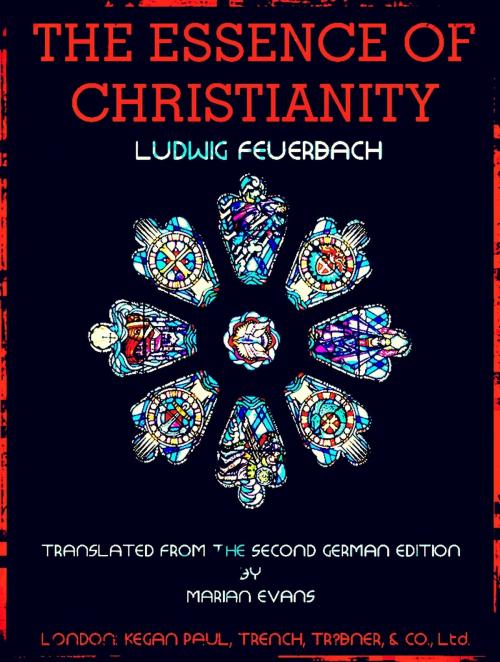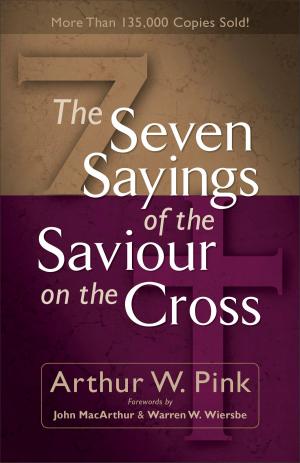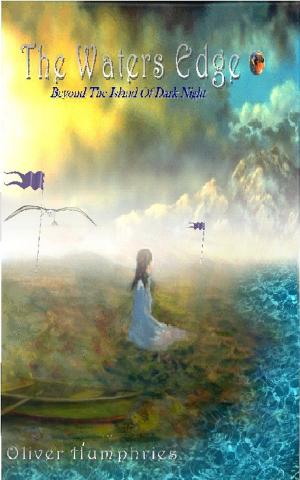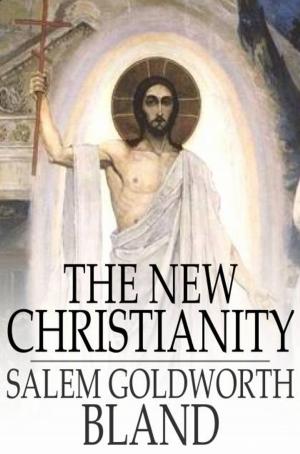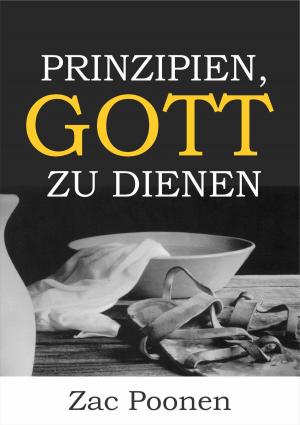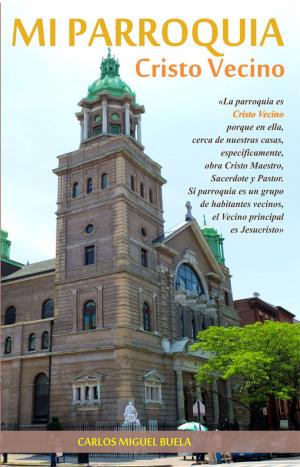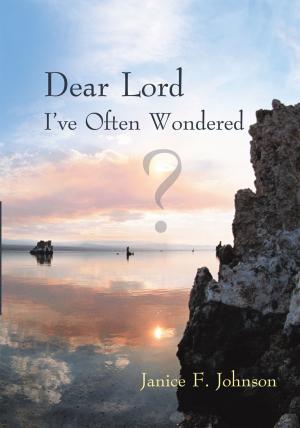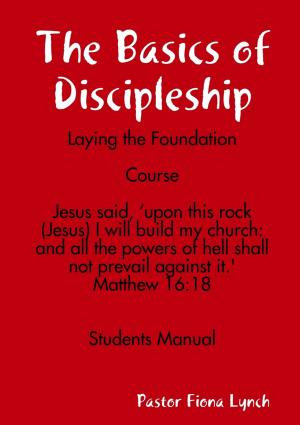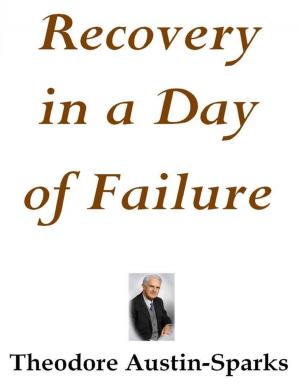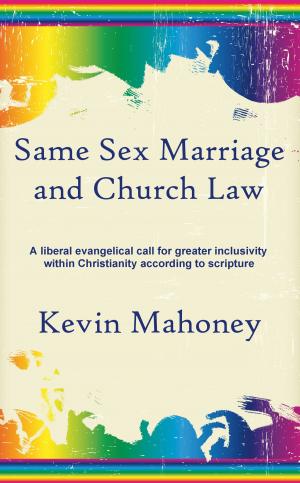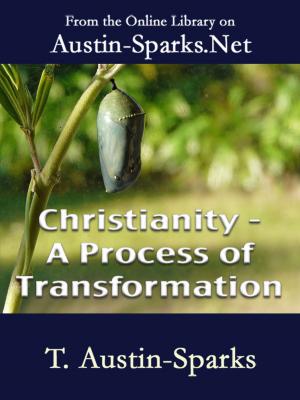The Essence of Christianity
Translated from the second German edition
Nonfiction, Religion & Spirituality, Christianity, Education, General Christianity| Author: | Ludwig Feuerbach, George Eliot | ISBN: | 1230000272324 |
| Publisher: | LONDON: KEGAN PAUL, TRENCH, TRÜBNER, & CO | Publication: | October 5, 2014 |
| Imprint: | Language: | English |
| Author: | Ludwig Feuerbach, George Eliot |
| ISBN: | 1230000272324 |
| Publisher: | LONDON: KEGAN PAUL, TRENCH, TRÜBNER, & CO |
| Publication: | October 5, 2014 |
| Imprint: | |
| Language: | English |
Example in this ebook
§ 1. The Essential Nature of Man.
Religion has its basis in the essential difference between man and the brute—the brutes have no religion. It is true that the old uncritical writers on natural history attributed to the elephant, among other laudable qualities, the virtue of religiousness; but the religion of elephants belongs to the realm of fable. Cuvier, one of the greatest authorities on the animal kingdom, assigns, on the strength of his personal observations, no higher grade of intelligence to the elephant than to the dog.
But what is this essential difference between man and the brute? The most simple, general, and also the most popular answer to this question is—consciousness:—but consciousness in the strict sense; for the consciousness implied in the feeling of self as an individual, in discrimination by the senses, in the perception and even judgment of outward things according to definite sensible signs, cannot be denied to the brutes. Consciousness in the strictest sense is present only in a being to whom his species, his essential nature, is an object of thought. The brute is indeed conscious of himself as an individual—and he has accordingly the feeling of self as the common centre of successive sensations—but not as a species: hence, he is without that consciousness which in its nature, as in its name, is akin to science. Where there is this higher consciousness there is a capability of science. Science is the cognisance of species. In practical life we have to do with individuals; in science, with species. But only a being to whom his own species, his own nature, is an object of thought, can make the essential nature of other things or beings an object of thought.
Hence the brute has only a simple, man a twofold life: in the brute, the inner life is one with the outer; man has both an inner and an outer life. The inner life of man is the life which has relation to his species, to his general, as distinguished from his individual, nature. Man thinks—that is, he converses with himself. The brute can exercise no function which has relation to its species without another individual external to itself; but man can perform the functions of thought and speech, which strictly imply such a relation, apart from another individual. Man is himself at once I and thou; he can put himself in the place of another, for this reason, that to him his species, his essential nature, and not merely his individuality, is an object of thought.
Religion being identical with the distinctive characteristic of man, is then identical with self-consciousness—with the consciousness which man has of his nature. But religion, expressed generally, is consciousness of the infinite; thus it is and can be nothing else than the consciousness which man has of his own—not finite and limited, but infinite nature. A really finite being has not even the faintest adumbration, still less consciousness, of an infinite being, for the limit of the nature is also the limit of the consciousness. The consciousness of the caterpillar, whose life is confined to a particular species of plant, does not extend itself beyond this narrow domain. It does, indeed, discriminate between this plant and other plants, but more it knows not. A consciousness so limited, but on account of that very limitation so infallible, we do not call consciousness, but instinct. Consciousness, in the strict or proper sense, is identical with consciousness of the infinite; a limited consciousness is no consciousness; consciousness is essentially infinite in its nature.1 The consciousness of the [3]infinite is nothing else than the consciousness of the infinity of the consciousness; or, in the consciousness of the infinite, the conscious subject has for his object the infinity of his own nature.
To be continue in this ebook................................................................................................................
Example in this ebook
§ 1. The Essential Nature of Man.
Religion has its basis in the essential difference between man and the brute—the brutes have no religion. It is true that the old uncritical writers on natural history attributed to the elephant, among other laudable qualities, the virtue of religiousness; but the religion of elephants belongs to the realm of fable. Cuvier, one of the greatest authorities on the animal kingdom, assigns, on the strength of his personal observations, no higher grade of intelligence to the elephant than to the dog.
But what is this essential difference between man and the brute? The most simple, general, and also the most popular answer to this question is—consciousness:—but consciousness in the strict sense; for the consciousness implied in the feeling of self as an individual, in discrimination by the senses, in the perception and even judgment of outward things according to definite sensible signs, cannot be denied to the brutes. Consciousness in the strictest sense is present only in a being to whom his species, his essential nature, is an object of thought. The brute is indeed conscious of himself as an individual—and he has accordingly the feeling of self as the common centre of successive sensations—but not as a species: hence, he is without that consciousness which in its nature, as in its name, is akin to science. Where there is this higher consciousness there is a capability of science. Science is the cognisance of species. In practical life we have to do with individuals; in science, with species. But only a being to whom his own species, his own nature, is an object of thought, can make the essential nature of other things or beings an object of thought.
Hence the brute has only a simple, man a twofold life: in the brute, the inner life is one with the outer; man has both an inner and an outer life. The inner life of man is the life which has relation to his species, to his general, as distinguished from his individual, nature. Man thinks—that is, he converses with himself. The brute can exercise no function which has relation to its species without another individual external to itself; but man can perform the functions of thought and speech, which strictly imply such a relation, apart from another individual. Man is himself at once I and thou; he can put himself in the place of another, for this reason, that to him his species, his essential nature, and not merely his individuality, is an object of thought.
Religion being identical with the distinctive characteristic of man, is then identical with self-consciousness—with the consciousness which man has of his nature. But religion, expressed generally, is consciousness of the infinite; thus it is and can be nothing else than the consciousness which man has of his own—not finite and limited, but infinite nature. A really finite being has not even the faintest adumbration, still less consciousness, of an infinite being, for the limit of the nature is also the limit of the consciousness. The consciousness of the caterpillar, whose life is confined to a particular species of plant, does not extend itself beyond this narrow domain. It does, indeed, discriminate between this plant and other plants, but more it knows not. A consciousness so limited, but on account of that very limitation so infallible, we do not call consciousness, but instinct. Consciousness, in the strict or proper sense, is identical with consciousness of the infinite; a limited consciousness is no consciousness; consciousness is essentially infinite in its nature.1 The consciousness of the [3]infinite is nothing else than the consciousness of the infinity of the consciousness; or, in the consciousness of the infinite, the conscious subject has for his object the infinity of his own nature.
To be continue in this ebook................................................................................................................
